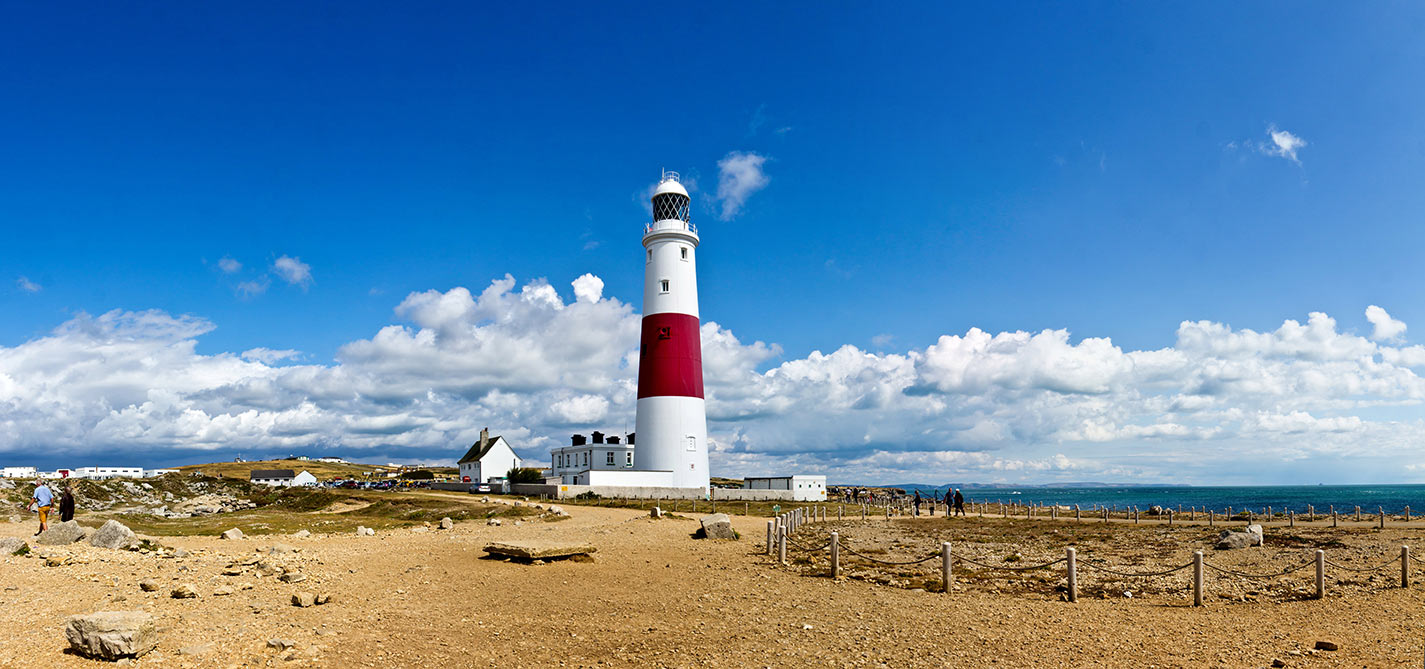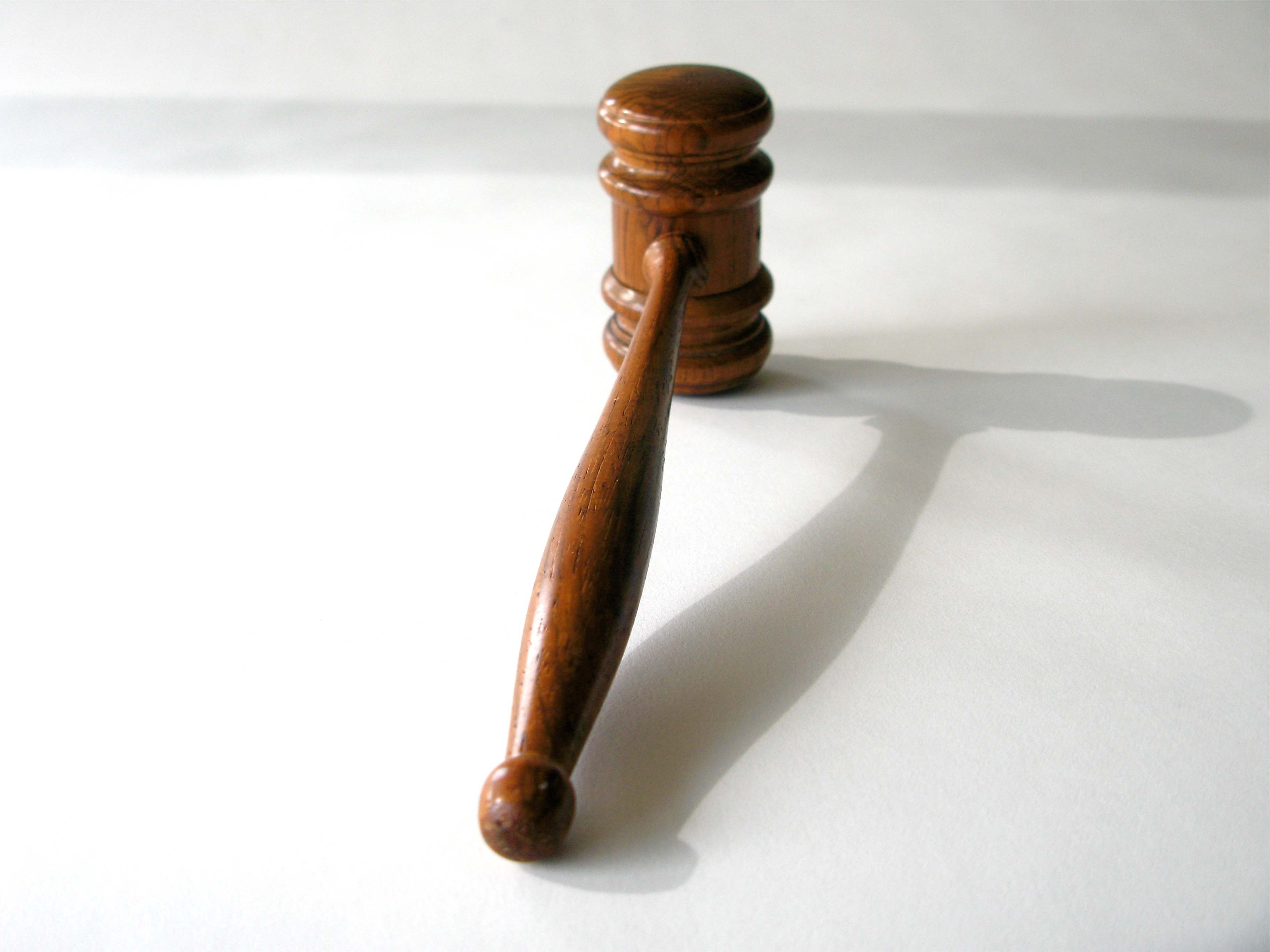
Welcome to the December 2015 edition of On the Case, which looks at issues affecting your water and wastewater services, and how we protect you. In this issue, you can find out:
- how to sort out your connection disputes
- what to do if you think your company may be breaking competition laws
- how one of our recent decisions has meant significant savings for one business customer and protected other customers.
In other news, you can read about how companies are performing in delivering services to home builders and the rules to protect tenants who buy water services from landlords. We also have some important news if you own a sewage pumping station. And we want your views on our plans to protect business customers who choose to change their supplier.
How you can sort out disputes on new connections

Getting your property connected for water and wastewater supplies is one of the few areas in water and wastewater services where customers in England and Wales can choose their supplier. It is also one of the areas that Ofwat is frequently asked to sort out complaints. So why is that – and what is being done about it?
“We often get disputes where – for example – a water company or customer has misinterpreted the rules for charging for connections. Or has misunderstood information provided by the other. Or aren’t satisfied with what they have been charged for the service. This can lead to one or both parties asking us to decide what the charge should be,” explains Sally Irgin from Ofwat’s Casework team.
“Asking Ofwat to decide on a charging dispute is something that both customers and companies can do. But we often get disputes that are very similar to previous disputes we have sorted out – or where they could easily be sorted out by both parties talking to each rather than immediately involving us,” she said.
So why is it a problem?
“Customers and companies can often get disputes sorted out much quicker between themselves – quicker than Ofwat or anyone else who might have a role. This can reach a solution quicker for the customer and save both them and the water company time and money rather than taking it through a formal dispute process with Ofwat”, clarifies Sally.
But what is Ofwat doing about it?
“A range of things. We speak to companies and customers regularly. We have also published guidance on our website for companies on providing and charging for new connections. After we reach a decision on an individual case, we also summarise what we decide, how we reached this decision and any lessons that companies and customers can learn. And where we are asked to formally investigate a dispute, we continue to encourage companies and customers to talk and to agree a solution between themselves where this is possible, again to get a quicker solution for the parties”, answers Sally.
So how will all of this help?
“By telling people more about what we do and how we make decisions it gives customers and companies more information on which to negotiate – and hopefully avoid – future disputes. Ultimately, this saves time for all parties involved”, responds Sally.
Ofwat decision means savings for business customer

A recent decision by Ofwat has saved a business customer in Workington, North-West England significant sums of money – and protected the interests of other customers.
Iggesund Paperboard (Workington) Limited asked us to set the price they should pay for non-drinking standard (‘non-potable’) water. Following an extensive investigation, we determined that Iggesund should pay United Utilities 7.7 pence for every cubic metre of water (10,000 litres) – instead of 14.9 pence a cubic metre that United Utilities wanted. Not only does this save Iggesund money, it also means that United Utilities’ other customers will not have to pay for pipes and other infrastructure that they do not benefit from.
Our decision in this case has raised some important issues that water companies need to consider when negotiating with and charging their customers. This includes making sure they can clearly show that they are delivering services for the lowest price possible. And that they must also prepare to face competition from other businesses to supply some types of water and wastewater services – who may be able to provide them at a lower cost.
You can find out more about the complaints where Ofwat can make decisions on our website.
Our decision in this case:
- means that the customer is treated fairly
- means that the water company is able to recover its costs – which protects its other customers from increases in their bills
- goes towards stopping wasted investment in pipes and other infrastructure
- maintains investors trust and confidence in the sector, whose investment helps spreads the cost to customers of paying for new pipes and other infrastructure
- reminds company and others that they must consistently deliver good value investment and compete to deliver even better value in the future.
How we are working to protect your interests to 2020 and beyond
But it is not just in this case where we are trying to do these things. We are planning some much bigger changes to the way we encourage monopoly companies and markets to act in your interests. Over the next 25 years, there will be changes to our weather patterns, population and what we all want from the services we get. This means that the way that water and wastewater services are delivered also need to change. And it’s important that companies get this right so that you and other customers continue to receive the services you expect. You can find out what our initial plans for 2020 and beyond mean for customers, the environment, investors and water companies on our website.
Tell us if you think your company is breaking competition law

Like all UK businesses, water and wastewater companies in England and Wales have to comply with competition law – and we want to hear from you if they are breaking it.
Companies cannot:
- make anti-competitive agreements; or
- abuse a dominant market position.
This is to protect consumers. If companies do not meet the rules, it can result in you and other customers paying higher prices or receiving a poorer quality of service. Both the Competition and Markets Authority and Ofwat have powers to investigate and take action against companies breaking competition law.
So what are some of the things companies need to do to stay within the rules?
“Water and wastewater companies have a monopoly in providing most services. But there are some services they offer where they do face competition from independent operators. In these areas, they must be careful to offer access to services to independent operators on equivalent terms to their own operators so customers benefit from effective competition. We have received complaints of companies failing to do this in a number of investigations we have carried out in recent years,” explains Philip Hand, who leads competition investigations at Ofwat.
But with the sector going through a significant amount of change over the next few years, how will Ofwat help companies stick to the rules?
“We expect challenging new competition issues to be raised with us in future. So we plan to update our guidance to companies and speak with them to raise awareness of such issues. They will still have responsibility to stick to the rules. But we will help them be clear about their responsibilities in this changing environment,” says Philip.
If you think your company is breaking competition law, please contact us at [email protected]. If you are an employee of a water company or contractor, our whistleblowing policy sets out what you can expect from us. Find out how we investigate alleged anti-competitive behaviour under the Competition Act 1998.
News in brief

Improving services to homebuilders and other developers
Water companies have published the latest information on how they are performing in delivering services to homebuilders and other developers and self-lay organisations. By publishing each company’s performance in delivering service standards to developers – and comparing them against each other – it puts pressure on them to do better for their customers. Ofwat is speaking to those companies that are doing poorly about how they plan to improve their services.
Rules to protect tenants who buy water services from landlords
If you buy water and wastewater services from another person instead of your local water company – such as a landlord – there are rules that they have to stick to, including the maximum prices they can charge. If landlords or others are charging you too much and refuse you a refund – you can make a claim through the Small Claims Court.
‘Tis the season…to protect your pipes
It may be the furthest thing from your mind – but now is a good time for you to think about protecting pipes in your property from freezing. Pipework on your property is your responsibility, so it’s worth protecting it during the cold weather and later thaws to prevent problems with burst pipes. The Met Office has more information about preparing for winter weather. Affected by sewer flooding or a burst water main? It’s the water company’s responsibility to sort out (see issue 2) – and they should provide you with information of what to do and compensation.
Important news for owners of sewage pumping stations that could save them money
If you own a sewage pumping station, a change in the law could mean that you no longer have to pay for it. From October 2016, private pumping stations that serve more than one property will become the property of (‘adopted’) the local sewerage company. This means the company will have to sort out any future repairs and pay the costs of running the pumping stations. Find out what this means for you.
Got a complaint about services that you can’t get sorted out? Try the Consumer Council for Water
If you have a problem with your bills or services that you have raised with the company but can’t get sorted out, you can ask the Consumer Council for Water (CCWater) to help. CCWater is the representative body of water and wastewater customers in England and Wales. Its experts can speak to your company to try and get them to look again at your problem. Read our complaint guide to find out more.
Business customers in England – tell us what you think of our plans to protect you from April 2017
From April 2017 1.2 million businesses and other non-household customers mainly in England will be able to choose their water and wastewater service retailer. We are now consulting on marketing and other areas we may need to protect customers – and we want to hear from you. The consultation closes on 11 January and is part of our overall plan for protecting customers who are eligible to change their service provider when the new market opens.
Complaints needing Ofwat investigation decrease
We deal with a limited number of complaints about water and wastewater services. Over the last year, the number of cases we have opened has decreased. We think this is a positive sign that our strategy to decrease harm to customers is working with companies taking more responsibility for sorting customer complaints before they come to us. As a result, we do not have any immediate plans to use our powers to transfer routine cases to a separate adjudicator body.
Useful links
- Ofwat twitter
- Ofwat LinkedIn
- Ofwat website
- Consumer Council for Water website
- Water Redress Scheme (WATRS) website
- Water company contact details (Water UK website)
- How to make a complaint (Citizens Advice website)
Coming up in the next issue
In the next issue we will be looking at:
- standards of services you can expect from Ofwat in the cases we handle; and
- the new market that will allow businesses to choose their water and wastewater supplier.
Feedback
Do you have any comments on this issue of On the Case? Send your feedback to [email protected].
Sign up for this newsletter
Sign up to get sent this newsletter by email (subscribe).